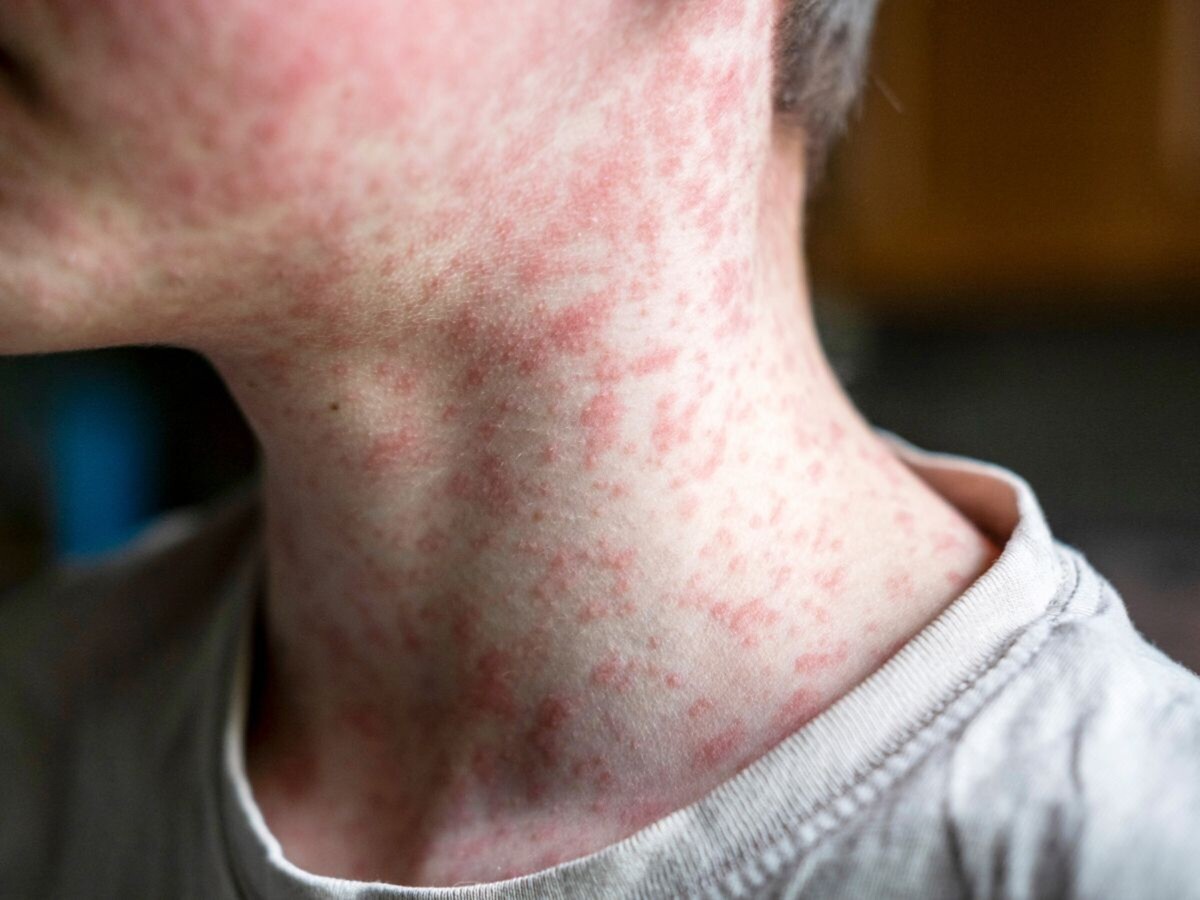NJ Health Department Issues Measles Exposure Alert After Infected Non-Resident Attends MetLife Concert
State officials urge MMR vaccination amid potential measles exposure at East Rutherford venue on May 15, with symptom monitoring advised through June 6.
The New Jersey Department of Health (NJDOH) has issued a public health alert regarding potential exposure to measles after a non-resident infected with the virus attended a concert at MetLife Stadium in East Rutherford. The event occurred from 7:30 p.m. on May 15 through 1:00 a.m. on May 16, during which attendees may have been exposed to the highly contagious disease.
The alert advises all individuals who were at the stadium during that timeframe to monitor for symptoms of measles through June 6, 2025. As of May 20, no additional measles cases have been confirmed in New Jersey in connection with the event.
Measles is a viral illness that spreads easily through airborne respiratory droplets when an infected person coughs or sneezes. The virus can remain viable in the air for up to two hours after the infected individual has left. Exposure may also occur through direct contact with mucus or saliva. People who are not vaccinated or have never had measles are considered at higher risk of infection.
Symptoms of measles typically begin with high fever, cough, runny nose, and red, watery eyes, followed by the appearance of a rash three to five days later. The rash often starts at the hairline and spreads downward across the body. Measles can lead to severe health complications, including pneumonia, encephalitis (brain swelling), and, in pregnant individuals, increased risk of miscarriage, premature birth, or low birth weight.
NJDOH emphasized the importance of contacting a healthcare provider by phone before visiting any medical facility if exposure or illness is suspected. This step helps ensure proper isolation precautions are taken to protect other patients and staff.
To prevent future outbreaks, the department urges residents to remain current on vaccinations, particularly the measles, mumps, and rubella (MMR) vaccine, which is administered in two doses. The vaccine is considered safe and highly effective.
For those traveling internationally, full vaccination is strongly recommended. Infants aged 6 to 11 months should receive one MMR dose before international travel, followed by two additional doses after their first birthday.
Healthcare providers are also being asked to assess patients' immunization status during visits and to coordinate appropriately if referring patients suspected of having or being exposed to measles.
More information on measles and immunization schedules is available through NJDOH and the Centers for Disease Control and Prevention (CDC).
Resources:















